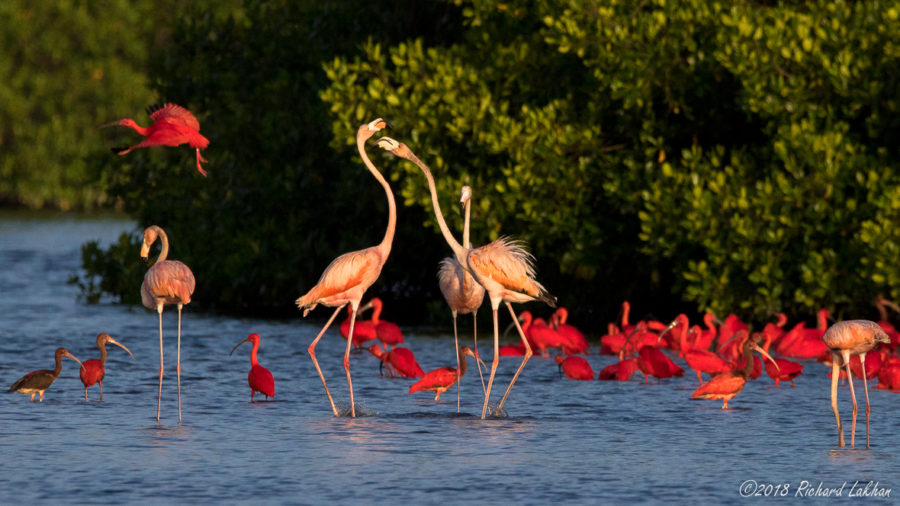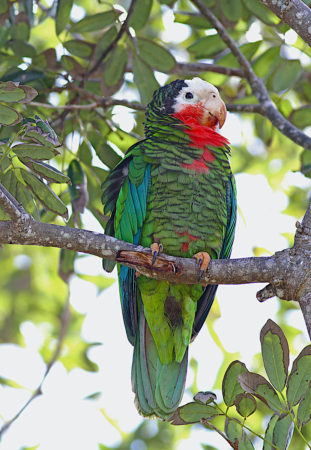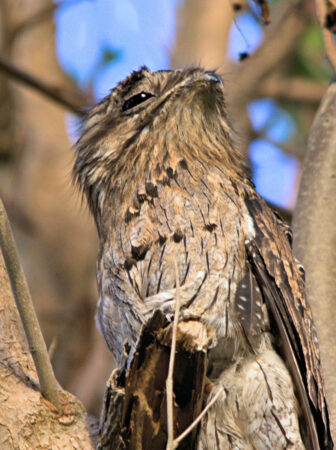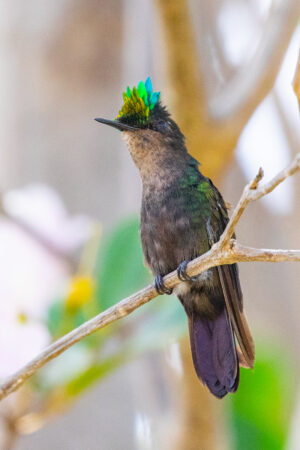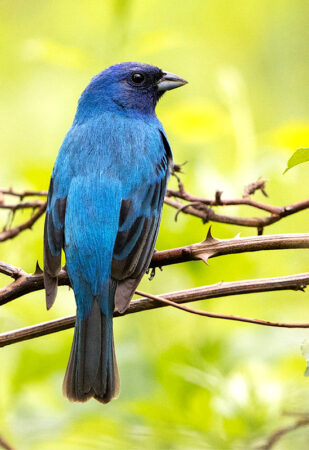Disclaimer: The content of this article is provided for general information only. Please, always obtain professional or specialist advice when seeking to address your personal mental health issues and concerns.
“The bird will see you now…”
World Mental Health Day, recognized by the World Health Organization since 1992, takes place on October 10 every year. On this day, social media posts, events, and activism on and offline help raise awareness of mental health problems and solutions. This year’s World Mental Health Day theme is
‘Make mental health and wellbeing for all a global priority’
So, how do birds help to improve our wellbeing? Well, birds can be our very best therapists, if we give them the chance. They can help us through the tough times.
The BirdsCaribbean community knows this! Watching, photographing (Birdlife Jamaica member Stuart Reeves shares his photography experience, and tips, during the COVID-19 lockdown) and attracting birds to one’s yard are truly enjoyable experiences that support a healthy and happy lifestyle. Walking through nature – your backyard, neighborhood park, a national park or botanical garden – in search of your favorite bird offers many benefits. We have listed five below.
1. Community and Togetherness
Birdwatching does not have to be a lonely pursuit. It can be a way to bond with family and friends. You might even meet new people along the way! Being a member of the birding community satisfies our very human need to belong. Members of a birding group share knowledge and experiences with each other. In some cases, birdwatching with others helps us to define our sense of self and social identity, and to achieve goals that might be harder to reach if we worked alone. A bird that a companion points out to you might be one that you would never have seen otherwise – even a “lifer,” perhaps!
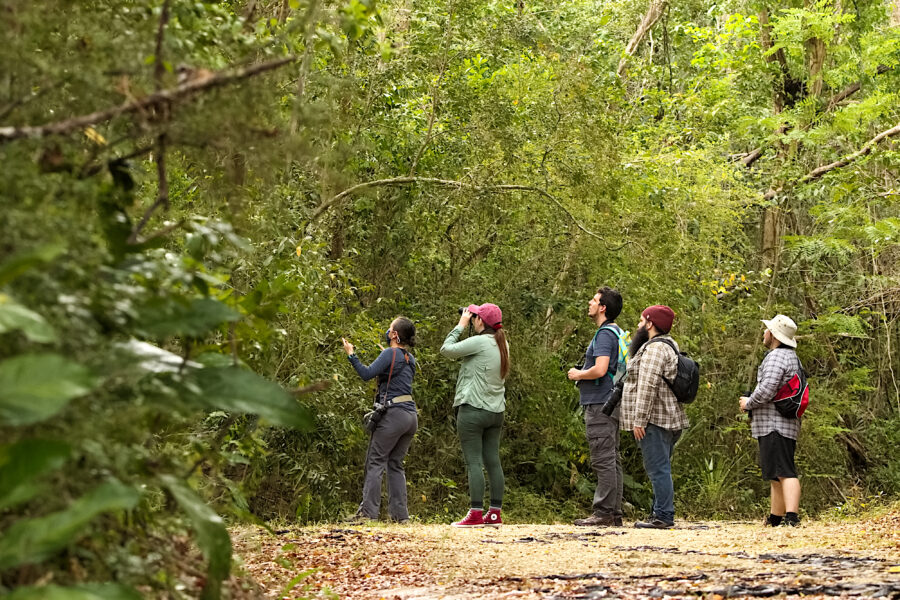
Regardless of gender, age, socioeconomic status, ability and experience, birding can be enjoyed by all. It’s an inclusive experience, when you have company. You can discuss the birds that you have seen, the places you have visited, and especially those birds you so badly want to see in the wild. If you’re planning a solo birdwatching trip soon, remember: you don’t have to do it alone. You can contact your local birding group or ask a relative or neighbor to see if they would like to join you. Birding can help strengthen relationships!
2. Time away from screens
We are bombarded with media on all sides; isn’t that true? It’s not always very good for our mental health and can actually increase our anxiety.
On the other hand, birdwatching can be a very reflective activity, almost like meditation. It is an opportunity to spend time in a quiet place, removed from distractions like social media and movie streaming service providers (you know exactly what we’re talking about! We all experience it these days). The different colors, scents, and sounds found in nature can occupy the mind and push out, if just temporarily, worrying and stressful thoughts. Find out how people found comfort in birds during the pandemic in our recently published booklet Loving Birds is Human Nature: An anthology of short stories and poems in English and Spanish. Immersing oneself in nature for a few hours can also help us “reconnect.” Hearing a familiar birdsong or spotting a particular plant, for example, can help people recall fond memories from their youth. We sometimes tend to forget how much our natural environment was, and remains, part of our human experience. It’s always good to remember.
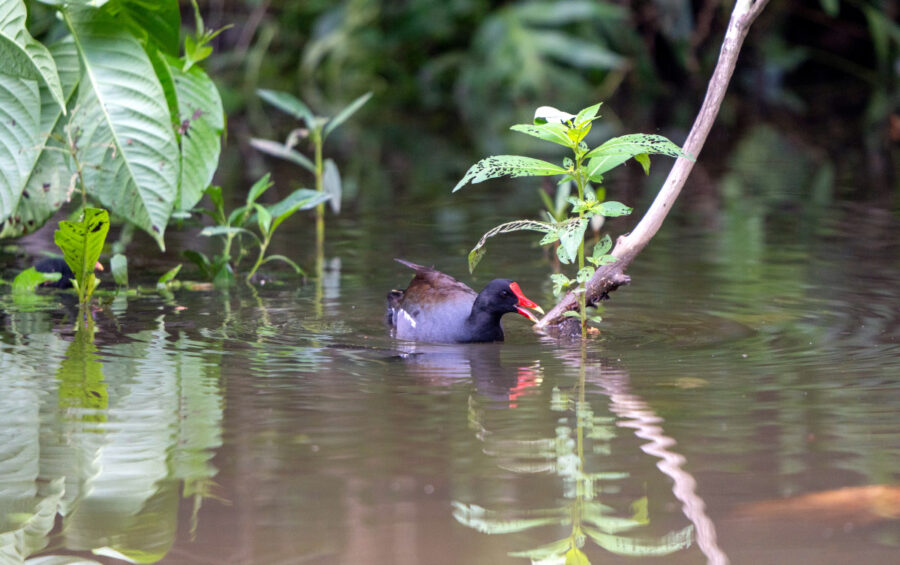
3. See new places
It is so easy to fall into a comfortable daily routine. Get up, go to work, return home, and repeat. Seeking out birds in their natural habitats is a great way to snap us out of the monotony of our normal routines. Birdwatching can also be enjoyed from inside the house, it is true; but getting out and about is a better choice. A short trip to a nearby park will provide a change of scenery, and it is even better if you can visit a nature reserve. Make a point of exploring new places, where new and different bird species may be waiting for you!

Watching the sunrise over a mountain, going out into the forests or swamps to look for potoos, even going to a reservoir to see a rare waterbird—all of these are bound to take us on a welcome detour from our everyday experiences. Once they have become familiar with the birds in their immediate area, for many birders there is an insatiable curiosity about species elsewhere in the world. Birding can be the motivation to move out of your comfort zone and be rewarded with new travel experiences.
4. Exercise for the brain and body
The brain is like a muscle. It needs exercise!
Keeping our minds active and alert is important for our overall well being. If you are new to birdwatching, identifying the birds you see can be a challenging mental puzzle. Take shorebirds, for example, which are notoriously hard to identify! Give your brain a good challenge. Experienced birders can still learn new things every day about bird behavior. There is no end to the bird knowledge we can acquire. Researchers have reported that new neural paths are formed from these kinds of brain activities and can help fight back against diseases like Alzheimer’s and other forms of dementia, as well as Parkinson’s.
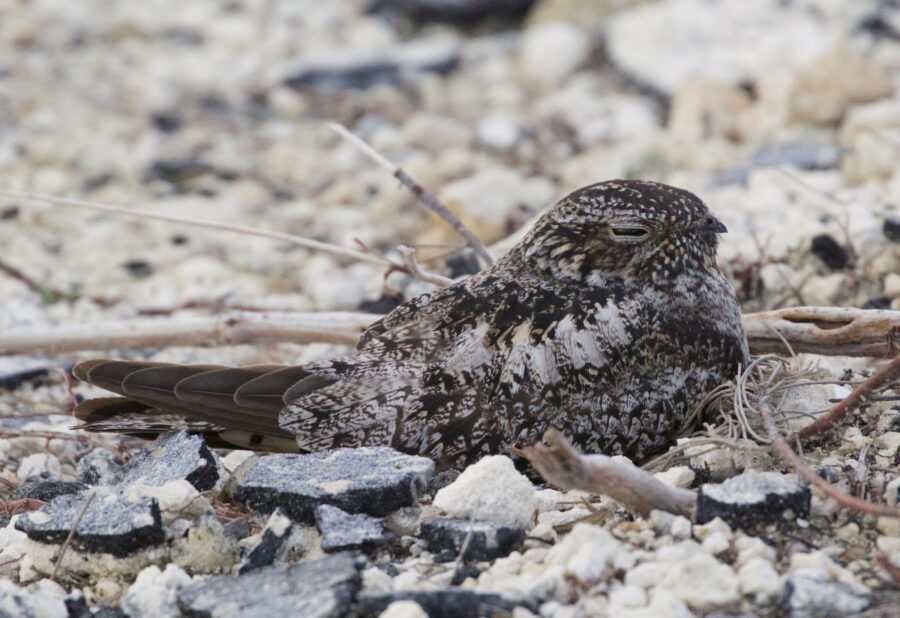
Some birds are harder to find than others. Without even realizing it, you can walk for several miles while actively looking and listening, before you find the bird you’re looking for. Some species remain higher up in hills and mountains, forcing birders to really do some uphill work for the prize! You can go at your own speed, though. Birders always pace themselves. There is always enough time to catch your breath and notice the beautiful biodiversity that surrounds you: butterflies, fungi, lizards, ferns and wildflowers. This can improve your cardiovascular health. You will be soaking up the sun’s vitamin D, which helps the body absorb and retain calcium and phosphorus. Just remember to stay hydrated!
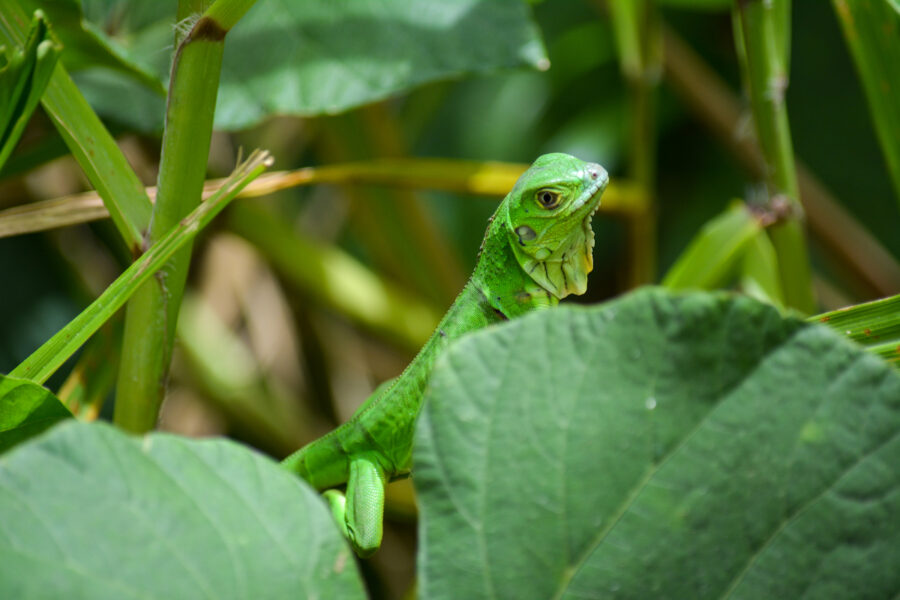
5. The amazing variety of birds
As we mentioned already, life can get dull. Sometimes it’s good to add some variety. Monotony encourages boredom and fatigue, which have a negative impact on our mood and our mental health. Birds offer a ridiculous amount of variety, don’t they? An array of colors, shapes, sizes, calls and behaviors awaits you on the birding trail. You can research and make a list before heading out to a birding spot – but always be prepared for some totally unexpected birds to pop up. Birds literally keep you on your toes, open to new possibilities. Birds’ remarkable variety – no two birding trips are ever the same, even if you visit the same birding site – can encourage a more energized and positive mindset.
So give yourself a mental “booster” this month
Before the COVID-19 pandemic hit, it was estimated that one person in eight was living with a mental disorder. The pandemic worsened the global crisis for mental health, fueling short- and long-term stress and anxiety. Growing social and economic inequalities, conflicts, violence and public health emergencies decreased skills and funding available for mental health, especially in low and middle income countries. However, we are hopeful that the ability to reconnect in-person this year will provide everyone the opportunity to revitalize their efforts to protect and improve their mental health.
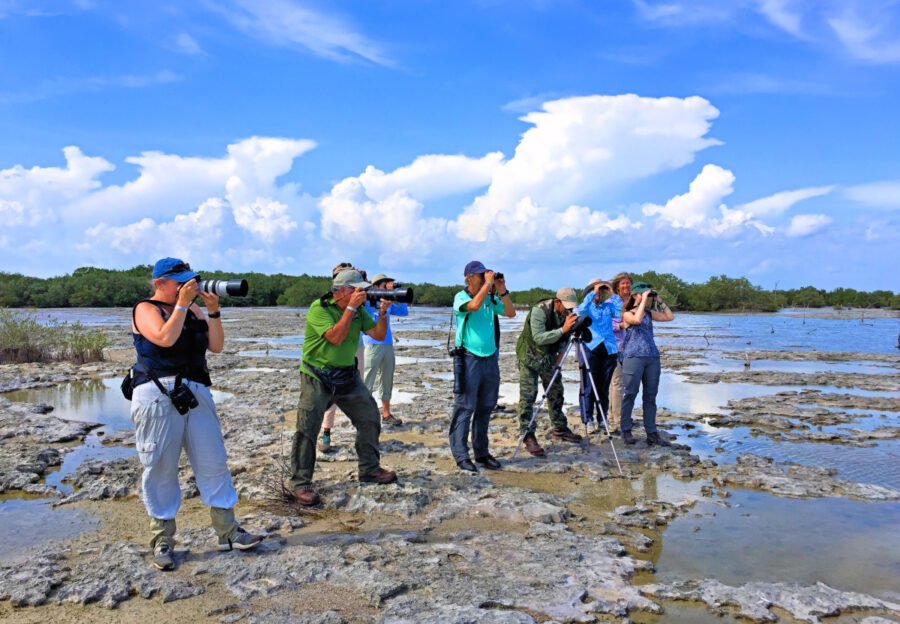
And now, as we emerge from the COVID-19 period, it’s definitely time to give yourself a healthy dose of birding. It’s October, which means migratory birds are making their way to the Caribbean. We encourage you to reach out to a trusted friend, relative, or local birding group and plan a birdwatching trip. A walk along the seashore will reveal that many migratory shorebirds are already enjoying the warm weather and pottering along at the water’s edge in search of food. Check out our shorebird resources for help with identifying these marvelous migratory shorebirds birds. If you’re hoping to spot some warblers, here is a blog to help with warbler identification. But if you’re completely new to birding and don’t know where to begin, we’ve got 10 tips to get you started and a Birding 101 webinar.
So, relax and enjoy some good bird therapy!
